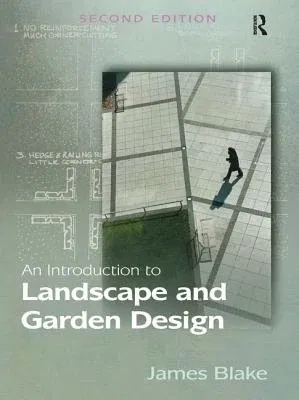How do you design a landscape book suitable for its intended uses? How
can the natural qualities of a landscape be enhanced with new features
and focal points? How can you make pedestrians stay on the footpath?
What kind of plant, path or wall should you put where, and what sort of
contract should you choose for your client's contractor? This
refreshingly down-to-earth introduction to the vast subject of landscape
design and construction answers all these questions, guiding new
students through the many facets of professional practice and welding
together the artistic, legal, financial, environmental and management
issues which can seem so dauntingly disconnected. Illustrated with
original drawings, photographs, sample plans and facsimiles, including a
new colour plate section, this readable classic has been fully revised
and updated throughout. It opens with a completely new chapter which
explains design and aesthetic principles, explores the history of our
relationship to landscape, and shows how design principles can be
applied to influence reactions to the finished site. The author then
considers different elements of hard landscape and their relative merits
in different situations. The soft landscape section includes coverage of
the effects of mass and form, natural and abstract planting, and the
difficult subject of plant selection. A step-by-step guide through all
the stages of managing a project, from initial discussions with clients,
site inspection, surveying and quoting, through tendering, contracting,
contractual agreements, development from concept design to final plans
and drawings, as well as maintenance, now includes the current
information on CDM regulations and provides readers with a
plain-speaking reference on client management and contractual
administration. Added to the guide to drawing and lettering is an
extensive section on computer-aided design. A bibliography and list of
useful organization are also included.

